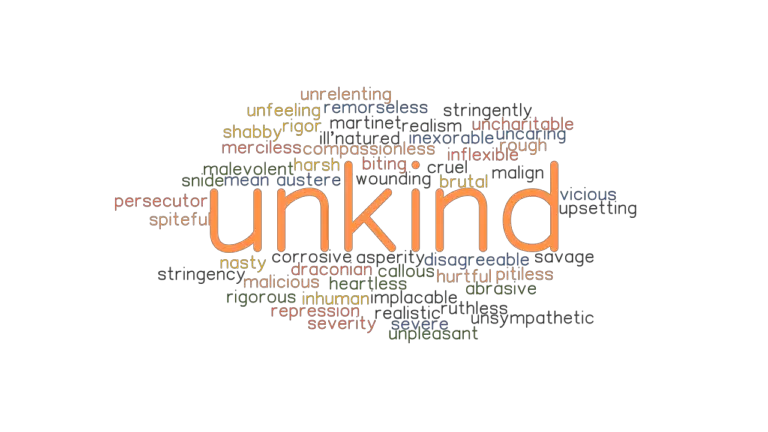

An incompetent person is “inept,” but dictionaries don’t include the word “ept.” They do have “apt,” though it means “likely,” and so its opposite, “inapt,” means “unlikely” rather than “unable.” “Inept” first arose around 1542, M-W says, probably as a variation of “inapt.” Similarly, we have “inane” but not “ane.” “Insipid” does have “sipid,” though M-W says that’s a backformation, meaning “insipid” was here first. Many words with the “in-” prefix have no modern counterparts. We “dissuade” someone of something, but we don’t “suade,” we “persuade.” “Per-” as a prefix comes from Latin “to complete,” and “suadere” is Latin for “to advise” or “to urge.” Somewhere, instead of removing a prefix, a different one was added. Some of these words have similar not-quite-opposites. But there is no positive word “combobulate.” Merriam-Webster’s Collegiate Dictionary says “discombobulate,” first used in 1916, may be “an alteration of discompose,” which does have an opposite, “compose.” Take “discombobulate.” It means “upset,” “disorient,” “confuse,” all negative things. But some words seem to have crept into modern English with only their negative selves they left their positive roots behind, or never had them. Usually, you can remove the prefix and see what the “positive” is.

Add “dis-” to “invite,” and you’re not going to that party any more.

Also included in this edition is Laid to Rest the remarkable true story behind the book's creation and an honest look into the life and struggles of the anonymous author, as he strives to erase the line that separates a work of literature from a work of art.English has many prefixes that make a word into a negative or opposite: Add “non-” to “profit,” for example, and you have something that doesn’t aim to reap financial rewards for personal gain. waiting for someone to unlock its secrets. A story of sacrifice and unyielding persistence. Two lovers, separated by the longest possible distance. Each language has its own unique voice its own exclusive role in the progression of the story, with absolutely no repetition of content from one language to the other. Written in poetic verse and expanding into full-page, full color illustrations, the book's multilingual structure is a truly unique experience that will be hard to replicate. Twenty eight distinct languages, join forces for the first time in one single publication, interrelating seamlessly with each other as they take you on an unforgettable journey through the interwoven continuum of space and time. From the anonymous author of The Unwords, comes the first multilingual work of literature ever created.


 0 kommentar(er)
0 kommentar(er)
